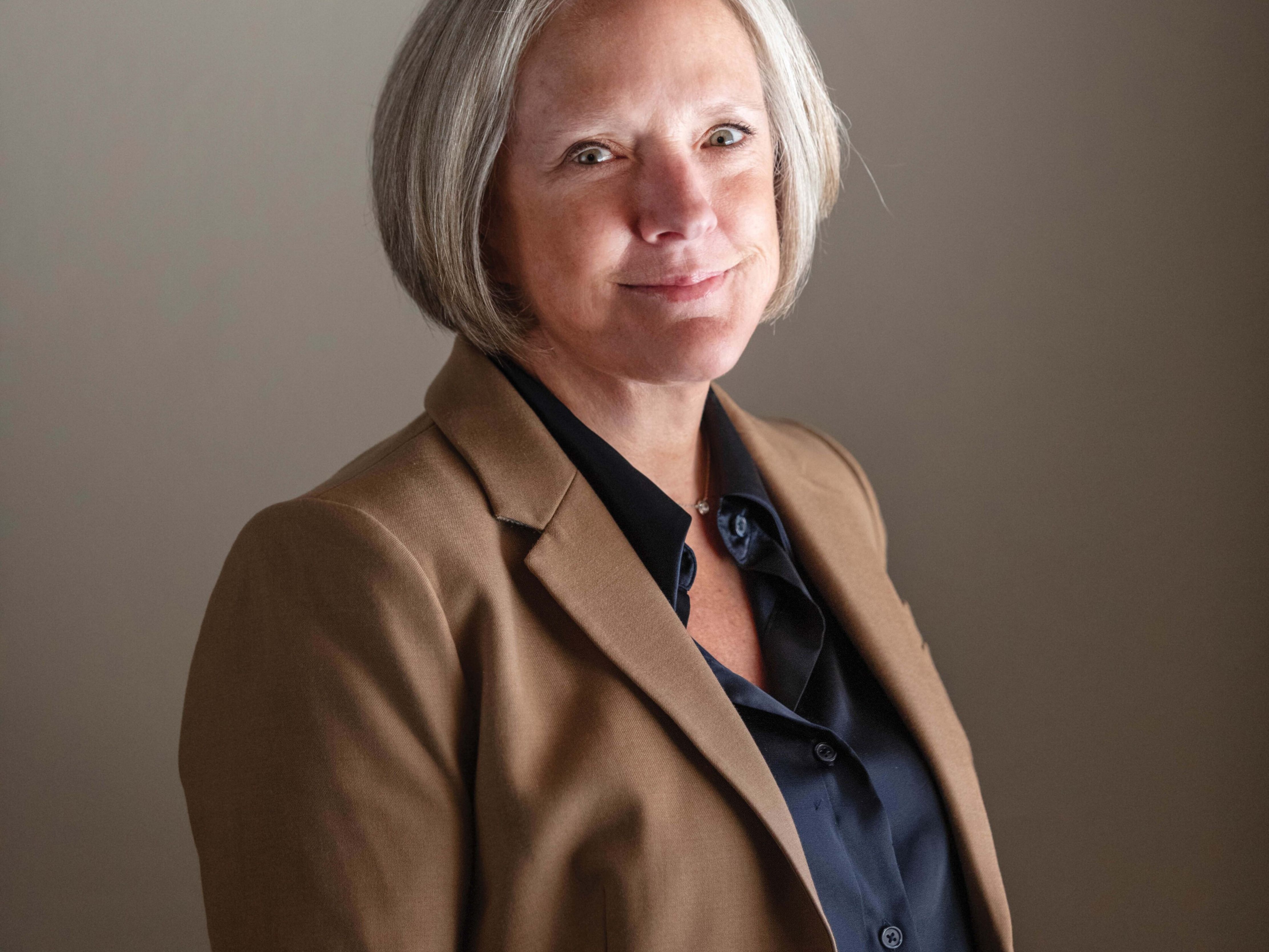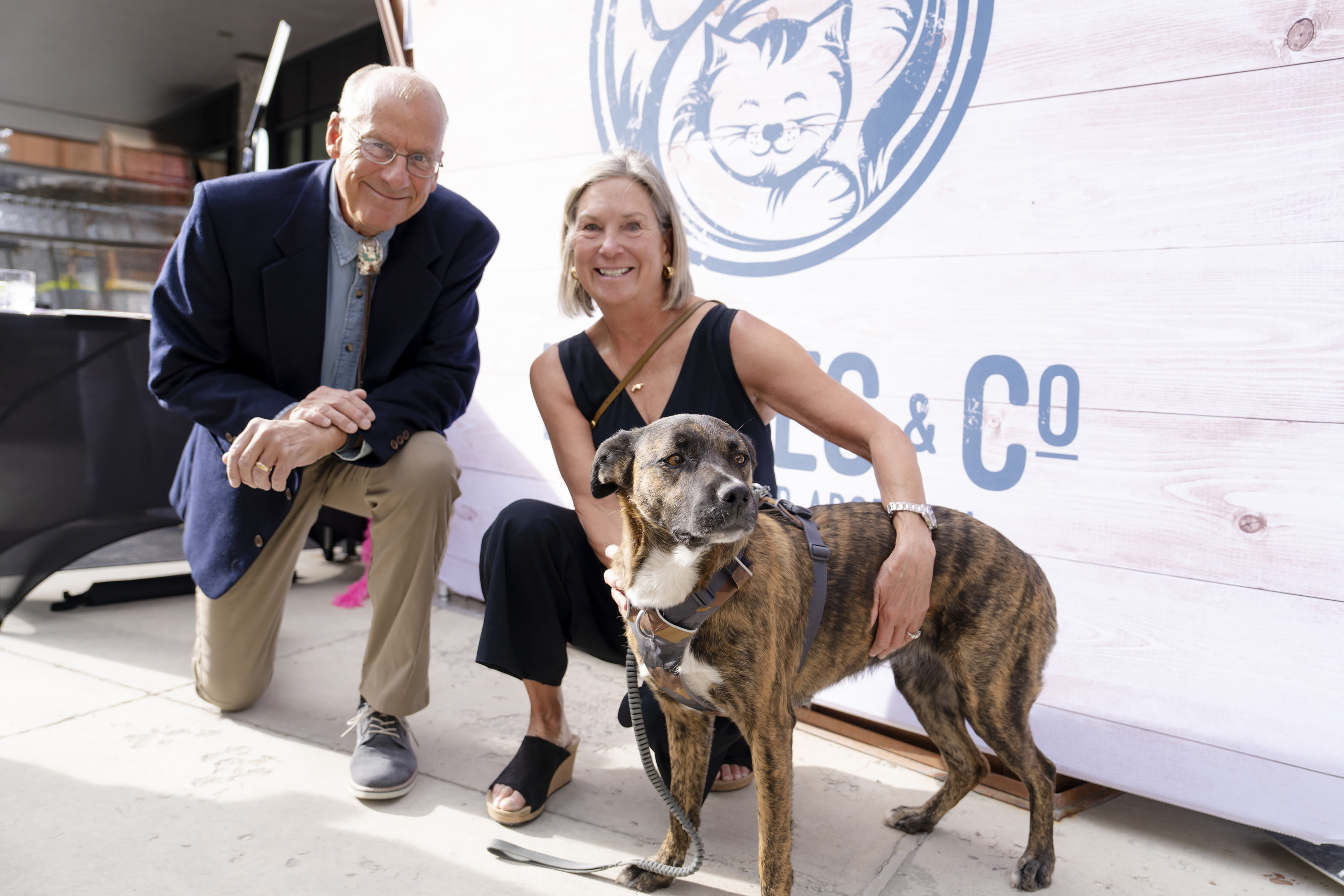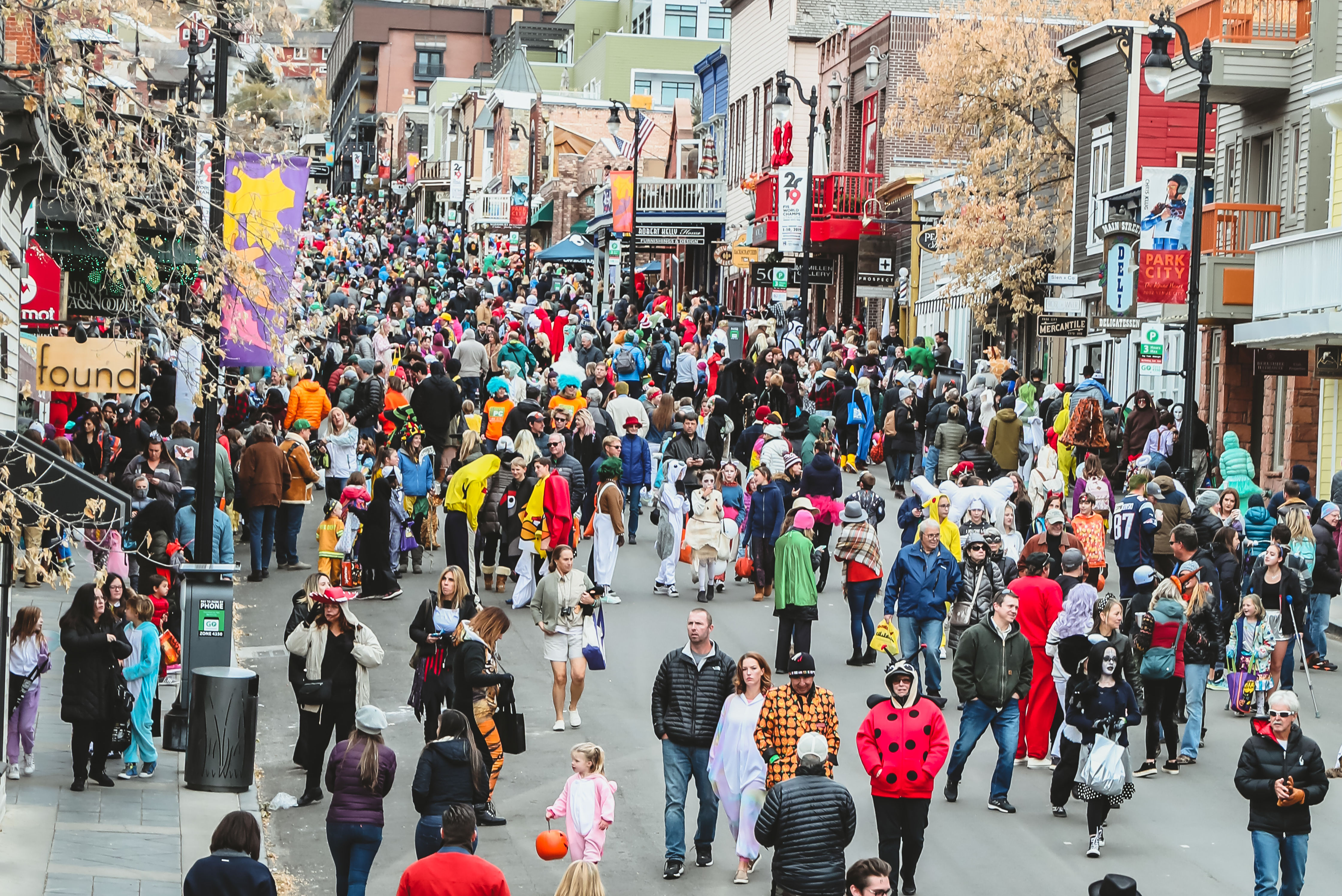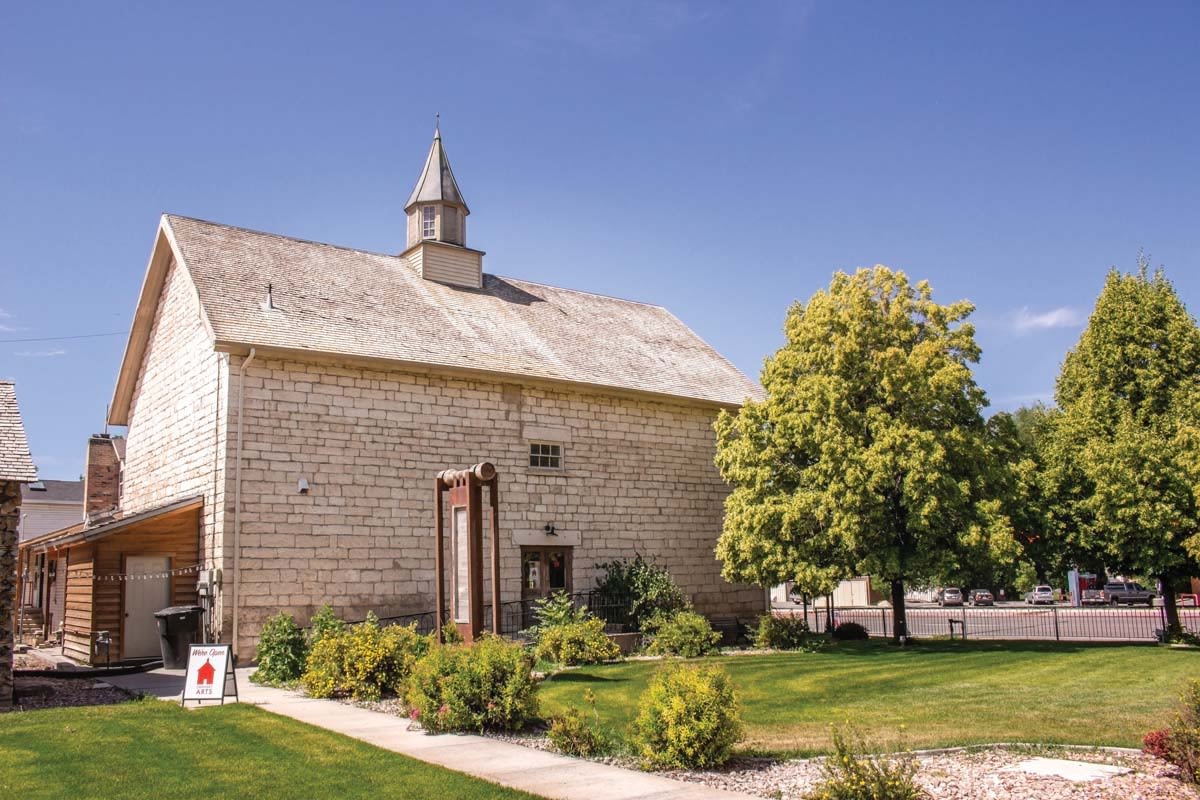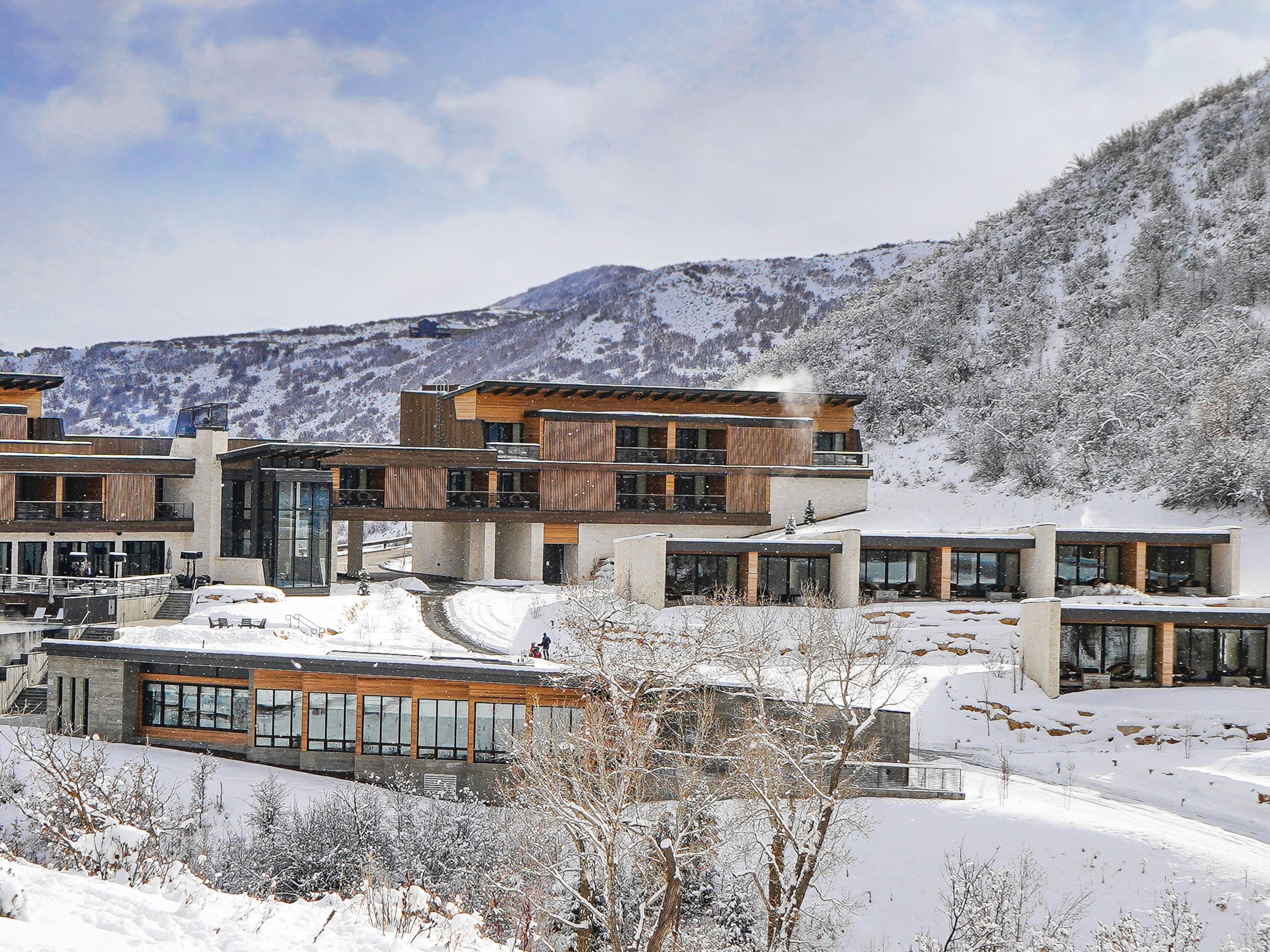Meet the Dreamer Next Door
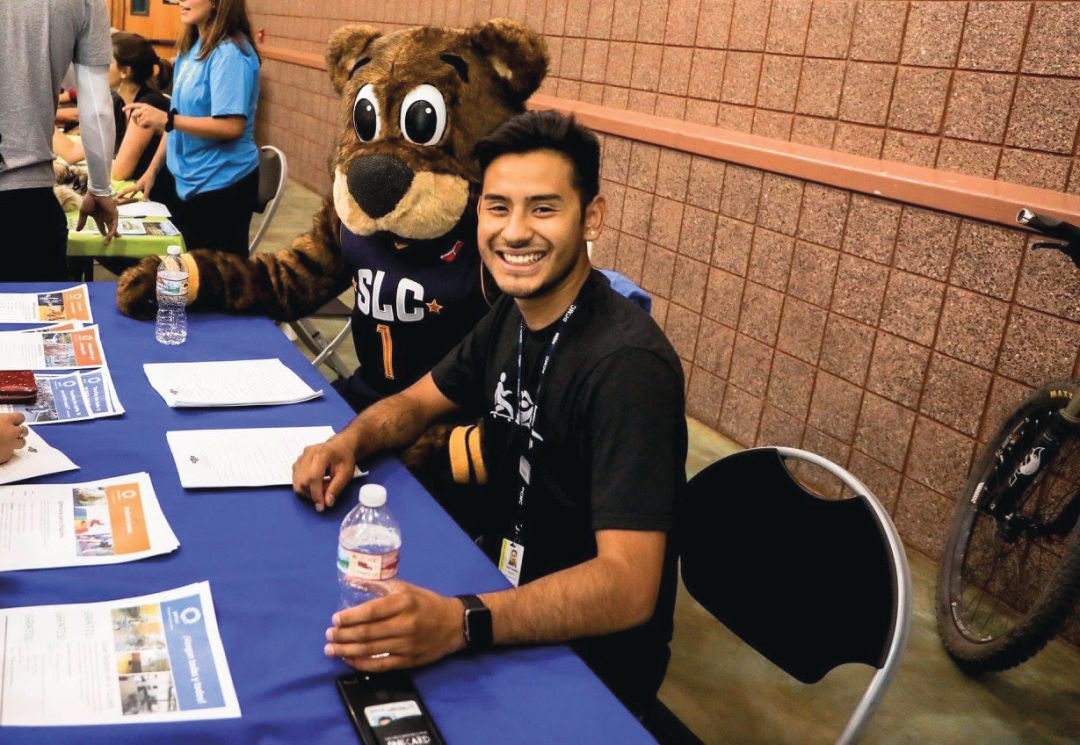
Enrique Sanchez, Jr., DACA recipient, advocate, student, and community specialist for Park City Police Department
Image: Courtesy Enrique Sanchez Jr
Chances are you’ve crossed paths with Enrique Sanchez, Jr. Maybe he rang up your groceries at Fresh Market, or checked you in at the MARC, or sat next to you in math class—or at a meeting of the city’s social equity task force. His family moved to Park City from Guerrero, Mexico, when he was 2.
Now age 22, the PCHS graduate is pursuing a political science degree at the University of Utah—while working full time for the Park City Police Department as a community specialist. Sanchez has already earned his associate’s degree in criminal justice and has his sights set on the police academy, but there’s one major stumbling block in his way: he is a DACA (Deferred Action for Childhood Arrivals) recipient with no clear path to citizenship. His dream of becoming a police officer, for now, is off limits, since citizenship is a requirement. And the DACA program—one that began as a bipartisan bill co-sponsored by then–Utah Senator Orrin Hatch—is in limbo.
“It’s a waiting game,” Sanchez says. “Instead of waiting and doing nothing, I think the best thing you can do is better yourself: become a valuable member of the community.”
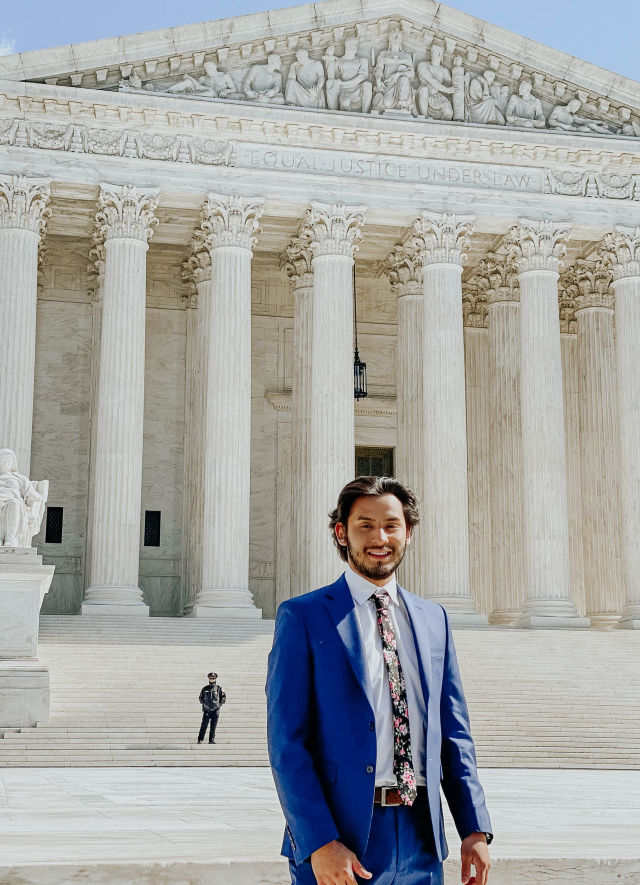
Image: Courtesy Enrique Sanchez Jr
Sanchez is one of more than 661,000 DACA recipients nationwide and 10,500 statewide—and you may know more than you think, because many “Dreamers” prefer not to advertise their status. As Sanchez says, “Just because they’re protected doesn’t mean their whole family is protected.”
And that fear is real. According to Moe Hickey of nonprofit Voices for Utah Children, right now three of Park City’s Dreamers are witnessing a parent in the throes of deportation. Whenever word of an immigration raid hits the grapevine, Sanchez says his first call is to his own parents to make sure they’re safe.
Just how many Summit County kids are DACA recipients? According to Hickey, the numbers get fuzzy on the local level.
“Using back-of-the-envelope calculations, if the school district is 20 percent Latino, that’s 1,000 kids. Even if 25 percent of them are undocumented, we are at 250 kids who potentially could have been eligible for DACA.”
For DACA cardholders, the requirements are stringent. Recipients must be full-time students (who are not eligible for federal financial aid) or full-time members of the workforce or in the military; they cannot have a felony conviction or more than three misdemeanors; and every two years, they navigate an intensive renewal process, which includes biometric screening, background checks, and a $495 fee. That fee alone can be a hurdle for students struggling to make ends meet.
So Hickey and a grassroots group of donors have begun a word-of-mouth DACA renewal fund, already offsetting fees for 110 local recipients. The funds are held and distributed under the umbrella of another nonprofit, the Park City Education Foundation. As of press time, a renewal fee increase of almost $300 is under consideration as the Supreme Court contemplates the entire program’s legality.
“We are college students, and we work in our communities. It’s not like we’re living off the system. On the contrary: we’re truly helping our economy,” says Sanchez. “We are American in every way, except for on paper.”
More info online for DACA renewal fund information, contact Voices for Utah Children or Park City Education Foundation.

